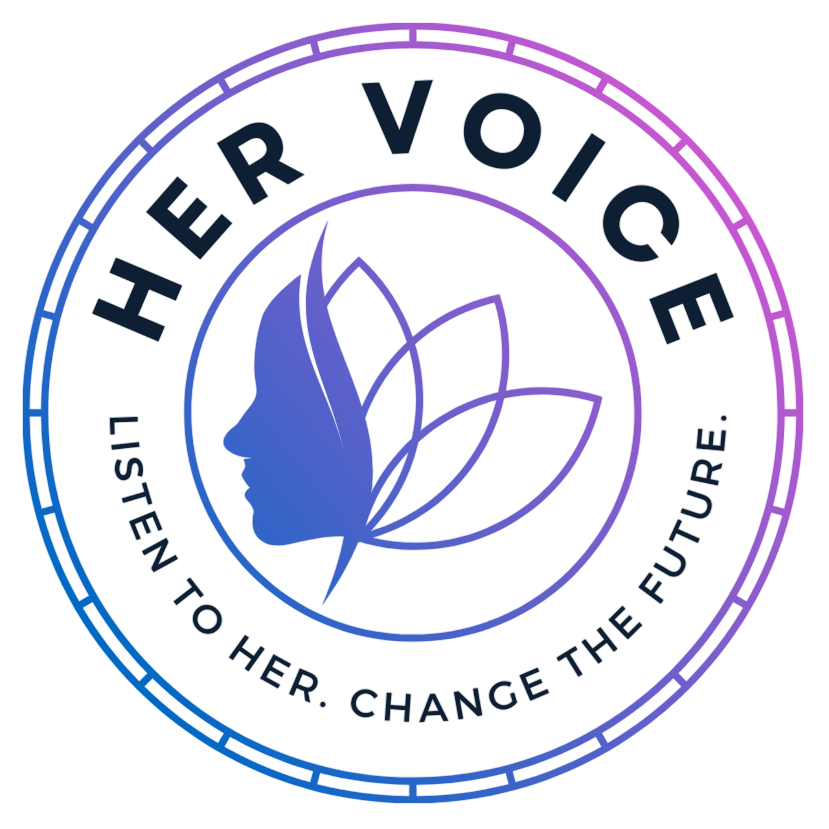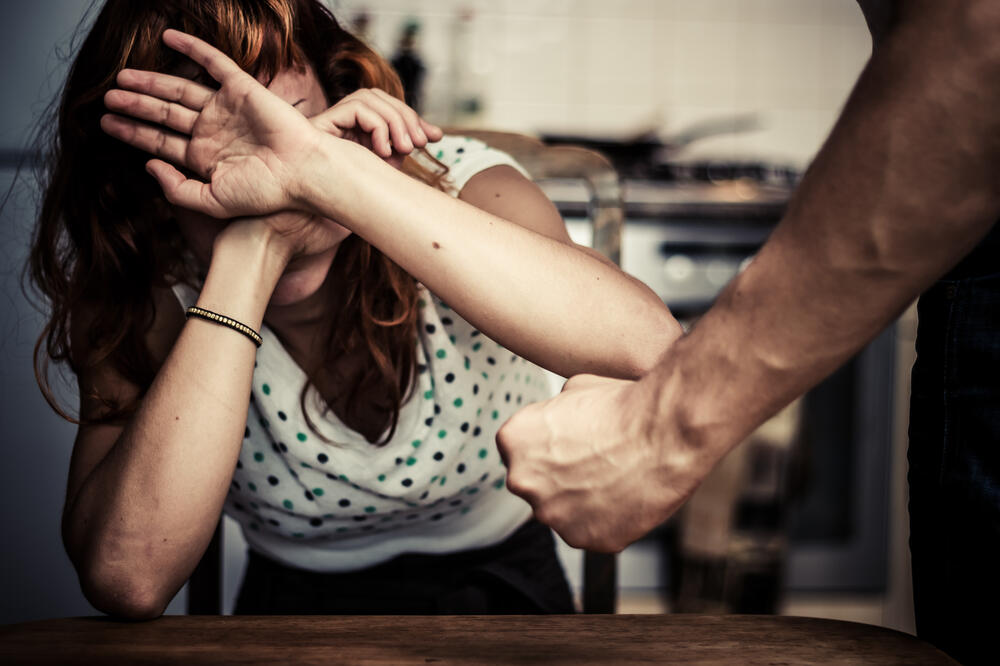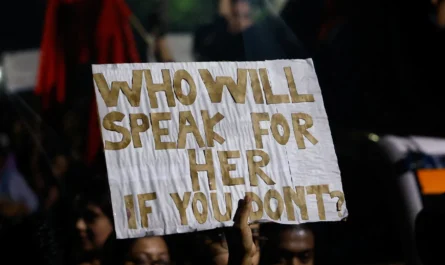The Unspoken Pain Behind Closed Doors:
Domestic violence — it doesn’t always leave visible scars, but its impact runs deep. For millions of women in India, “home” is not a safe space. It’s where their voices are silenced, their spirits broken, and their freedom caged.
💔 What is Domestic Violence?
Domestic violence is any form of abuse — physical, emotional, sexual, verbal, or financial — inflicted by a family member, most often a spouse or in-laws. It’s not just about being hit. It’s about being controlled, humiliated, and made to feel powerless.
🔍 Common Forms of Domestic Violence
- Physical abuse – Hitting, slapping, burning, choking
- Emotional abuse – Constant criticism, threats, isolation
- Sexual abuse – Marital rape, forced intimacy
- Verbal abuse – Insults, name-calling, gaslighting
- Financial abuse – Denying money, control over earnings
⚠️ Why is it so common in India?
- Patriarchal society – Men are often raised to dominate, not respect.
- Social stigma – Women fear shame if they speak out.
- Economic dependence – Many cannot afford to walk away.
- Cultural conditioning – Girls are taught to “adjust” no matter what.
- Lack of support – Police apathy and family pressure to stay silent.
- No recognition of marital rape – Legally, it’s still not a crime in India.
📊 The Reality in Numbers
- 1 in 3 women in India has experienced domestic violence at some point.
- As per NFHS-5 (2020-21), over 29% of married women aged 18–49 reported spousal violence.
- Shockingly, many women do not report it, due to fear, shame, or lack of alternatives.
⚖️ Laws That Protect Women in India
- Protection of Women from Domestic Violence Act (PWDVA), 2005 – Covers physical, emotional, sexual, verbal, and financial abuse.
- Section 498A IPC – Punishment for cruelty by husband or his family.
- Dowry Prohibition Act, 1961 – Prevents abuse related to dowry demands.
- Section 304B IPC – Addresses dowry deaths.
- Section 125 CrPC – Women can claim maintenance.
But laws alone aren’t enough — implementation is still a major challenge.
🛠️ What Needs to Change?
🧠 Mindsets
- Teach boys that respect is strength, not control.
- Normalize conversations about abuse and boundaries.
🏫 Education
- Educate girls about their rights and self-worth.
- Include gender sensitization in school curriculums.
📞 Support Systems
- Strengthen helplines, shelters, and legal aid.
- Encourage community vigilance — neighbors, friends, colleagues.
🚨 Law Enforcement
- Train police to handle domestic abuse cases sensitively.
- Create fast-track courts for quicker justice.
🌸 Final Thoughts: Let’s Stop the Silence
“Behind every closed door, there shouldn’t be a cry for help.”
Domestic violence is not a private matter — it’s a human rights violation. Every woman deserves safety, dignity, and love. And it starts when we listen, believe, and stand up for those who can’t.




